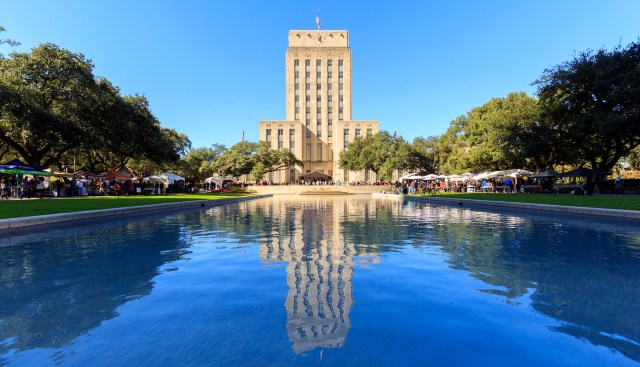Texas Legislation Sparks Concerns Over Senior Safety During Power Outages
A recent piece of legislation in Texas has raised alarms among advocates who are worried about the safety of senior citizens during power outages. The bill, which was passed earlier this year, may hinder efforts to ensure that assisted living facilities remain safe and habitable when the power goes out.
What Happened?
In response to a major hurricane that hit Texas in July 2024, Harris County introduced new legislation requiring assisted living facilities to install backup power systems. Hurricane Beryl caused widespread power outages, leaving many without electricity for days. The situation was particularly dire for seniors, with nearly 75% of hurricane-related deaths in Harris County involving elderly individuals. About half of these deaths were attributed to hyperthermia, or overheating.
Harris County commissioners approved a law that requires backup generators to be capable of powering heat or air conditioning at assisted living facilities. However, the passage of House Bill 3595, a bipartisan piece of legislation enacted in June, may override local ordinances. This has led to concerns about the effectiveness of the new law in protecting vulnerable residents.
Why This Matters
HB3595 aims to improve emergency preparedness in Texas. It includes provisions that require temperature-regulated areas between 68 and 82 degrees Fahrenheit for assisted living residents. However, critics argue that the bill doesn’t go far enough to protect seniors, who are especially susceptible to extreme heat due to their bodies’ reduced ability to regulate temperature.
Texas is not immune to the effects of a warming climate, with more frequent and intense extreme weather events expected. While nursing homes have been required to have emergency power since 1996, that law does not mandate systems that keep heat or air conditioning running during outages.
Claire Hao, an energy and power grid reporter for the Houston Chronicle, noted that industry groups might be satisfied with HB3595 because it provides flexibility in meeting requirements. However, she warned that without specific mandates, many facilities may not invest in backup power systems, even if funding is available.
What’s Being Done?
Despite concerns, Texas lawmakers have allocated $1.8 billion in funding for critical facilities to install backup power sources. This money will be used for various emergency operations, including supporting the development of microgrids and solar battery storage. These initiatives aim to enhance grid reliability and resilience.
The inclusion of solar energy in the state’s energy mix is seen as a positive step. Solar systems do not emit pollution linked to asthma or contribute to heat-trapping emissions. Additionally, they could lead to lower and more stable energy prices for Texas residents.
While gas-fired generation will still play a role in the energy picture, the shift toward renewable energy sources like solar represents a promising direction for the future.
Ongoing Challenges
Advocates continue to push for stronger measures to protect seniors during power outages. They believe that without clear mandates, the current legislation may not provide the comprehensive solution needed to ensure the safety of vulnerable residents.
As the debate continues, the focus remains on finding ways to balance flexibility for industry groups with the urgent need to safeguard the health and well-being of elderly individuals during emergencies.







